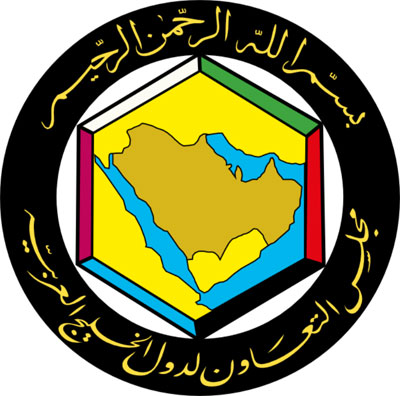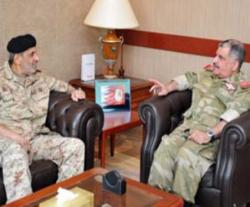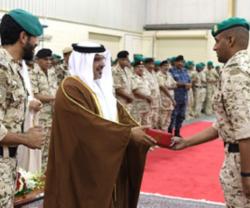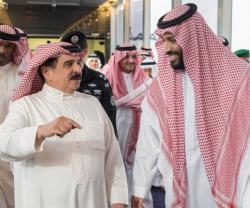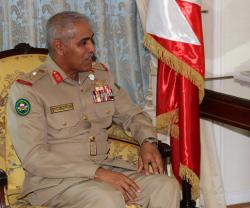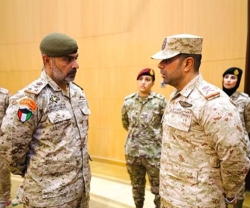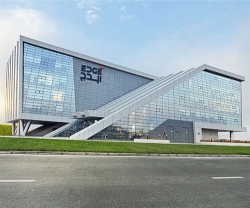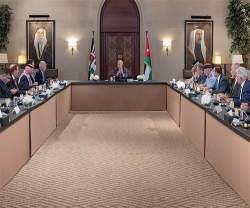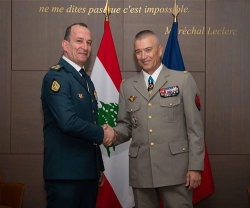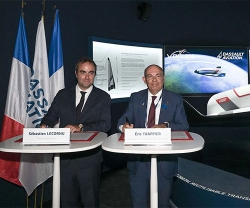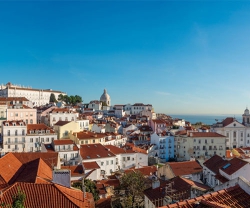The Gulf Cooperation Council (GCC) marked this week its 33th anniversary, with its head expressing hope for improved ties between member states of the regional group.
“The Gulf Cooperation Council has been linking parts of the region in the most difficult conditions,” said Dr. Abdul Latif bin Rashid al Zayani, the GCC’s Secretary-General.
Al Zayani noted that GCC member states had succeeded in working together at the economic, military and political levels.
“The Gulf Cooperation Council, which met the expectations of GCC nationals, hopes to achieve even more success in the future to ensure stability and security in the region,” he added.
Formed in 1981 as a buffer against Iran, the GCC states sit on around 40% of proven global crude reserves and around 25% of natural gas deposits.
Hamad al-Mara, the GCC’s Deputy Secretary-General for legal affairs, expressed hope that a Saudi initiative to turn the GCC into a union would “see the light.”
“We hope the initiative will see the light, especially with the backing of some Gulf countries regarding the move,” al-Mara said.
“The move, from a cooperation to a union, was a proposal initiated by the Custodian of the Two Holy Mosques King Abdullah of Saudi Arabia to strengthen the ties between parts of the regions,” al-Mara added.
Riyadh’s idea of upgrading the GCC to a union was first put forward in 2011 and supported by Bahrain.
However, the proposal was met with reservation by some member states and Muscat bluntly rejected the idea in December 2013.
Meanwhile, Dr. Abdullatif bin Rashid Al-Zayani, received in Riyadh on Wednesday the Commander of Joint Peninsula Shield Forces Major General Hassan bin Hamzah Al-Shihri who congratulated him on his new post.
During the meeting, they discussed joint efforts to strengthen the defense integration among the GCC countries, and ways to enhance joint coordination and cooperation in various military affairs.
Source: Al Arabiya; SPA

